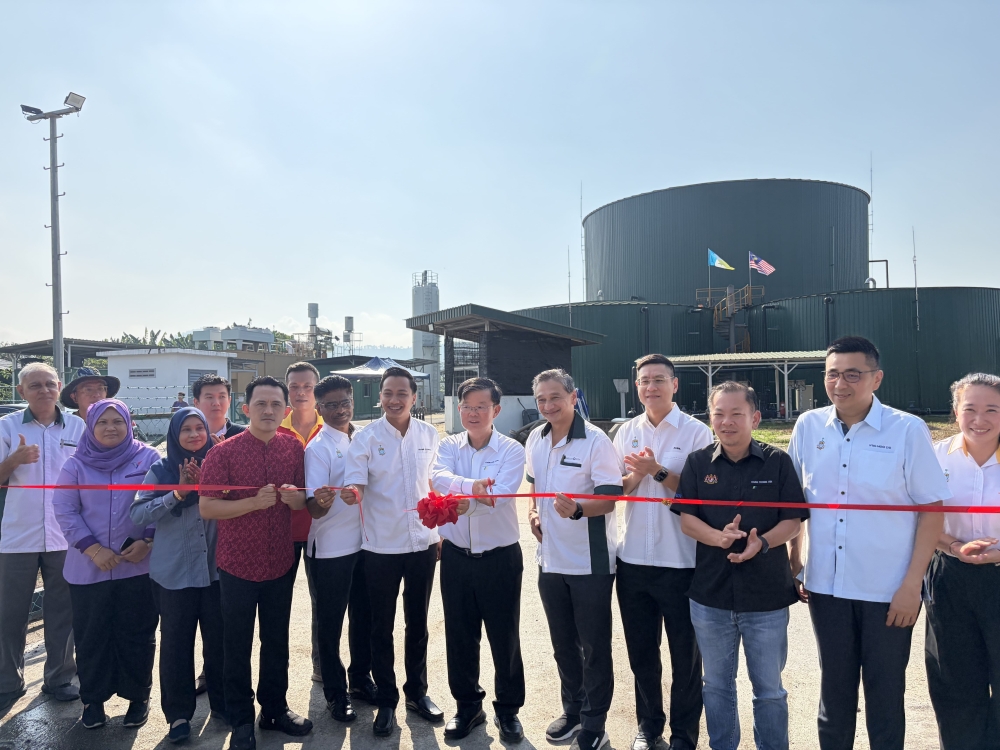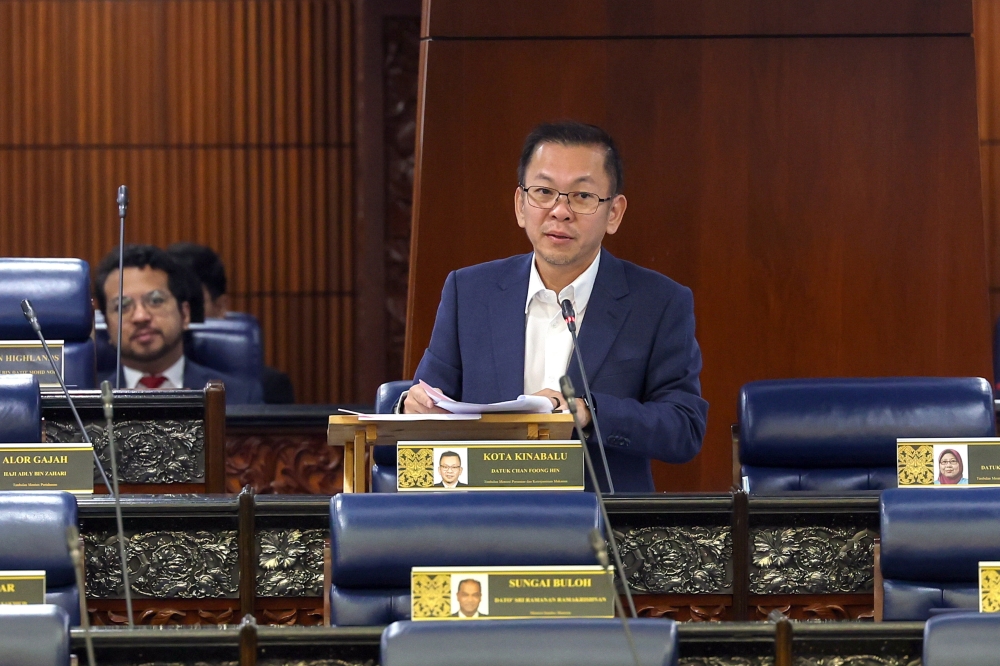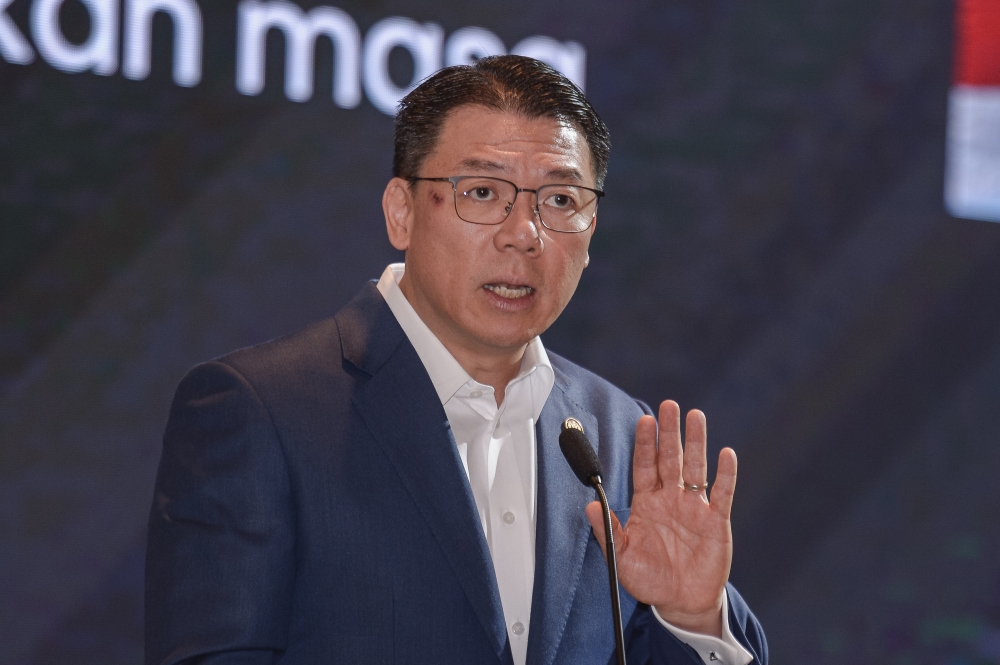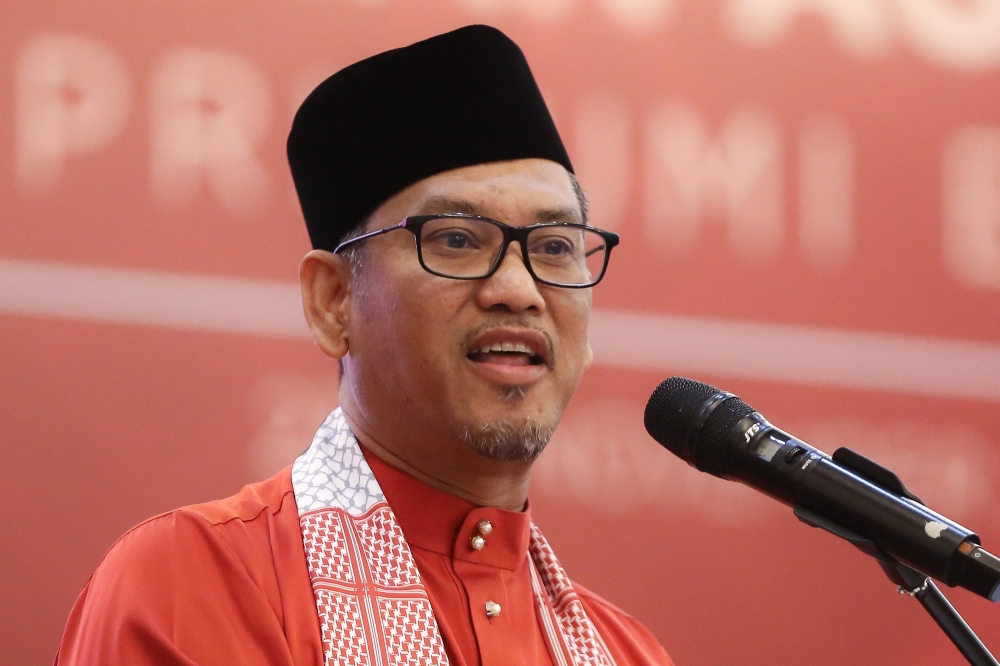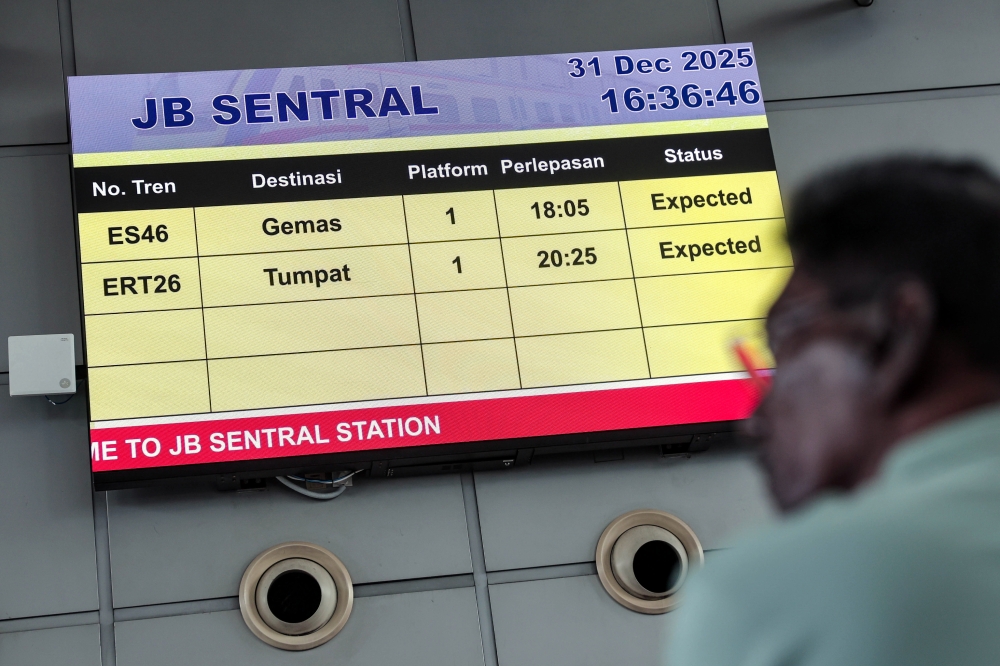KUALA LUMPUR, July 25 — The modern day Malaysia has experienced a great shift in public safety and security. We have experienced gated and security guarded communities, tighter security protocols across public transportation, and vetting systems being implemented at various government offices.
But is the current level of security technologies being implemented across the country adequate? And is availability of security technologies in Malaysia sufficient to cater to the country’s future needs?
Being in the electronic security industry for almost 18 years has allowed me to witness some of the greatest advancements in security technology and the business itself, from a trend line of black and white surveillance camera systems and intrusion alarms (that often get triggered by pets and thunderstorms) to an exponential growth of 4K ultra high definition surveillance camera systems with Geographic Information Systems (GIS) integrating with a platform of applications varying from facial recognition, biometrics databases and Artificial Intelligent algorithms mapping out human relationships and whereabouts enabling authorities to perform crisis interventions.
The development of such technology and the global demand itself has attracted a series of global players (which are traditionally not in the electronic security business) to move into this segment, creating an extremely vibrant and competitive business platform across the globe. In Malaysia, this business has crossed the billion ringgit mark and ixs forecast to grow at CAGR of at least 20% or more in the next decade.
The cutting-edge technologies that we have witnessed in such sci-fi movies like X-Men and Criminal Crime Scene Investigation (CSI) have now become a reality and is accessible by government ministries, township developers and building consultants. The availability of security technologies in Malaysia is indeed adequate and we can anticipate its widespread implementation in no time.
Security as an Investment
Security systems are almost mandatory in today’s modern development, as the percentage of investment is less than 10% of the total building cost. Today we have come to terms with the fact that electronic security and surveillance systems are valuable tools to an organisation or an individual as they protect what we consider invaluable. (They protect human lives and assets and, at the same time, promote stability).
Investing in security technology should not be hampered by its cost, but rather embrace it by having better understanding of the technology. In short, the more information we have, the better it helps us to achieve better price vs performance ratio.
Hence, we should invest in a system that is not only be able to provide corrective actions (playback of event logs) but at the same time act as preventive measures for your organisation.
Consultation
Thousands of security products and solutions out there have reached the necessary level of maturity; those with proper quality assurance and certification can guarantee a basic degree of reliability. Many would still question which are the best products and solutions to invest in.
In most cases, I would recommend one to seek an organisation that is able to provide consultation services rather than just product information.
A security consultant would be able to help the client to analyse their pre- and post-security challenges and recommend suitable solutions based on their budget.
In many developments, electronic security will be part of the building infrastructure. Hence it is important to invest in a system that does not compromise on features that serve and address those security issues and, if possible, to have room for scalability or upgrades.
Other considerations such as hardware and software should fit the client’s proposition. For example, a commercial office or residential building need not be having a similar security system of a casino or a money-printing plant. Other details will be the understanding of the environment (indoor or outdoor) and vulnerability of the site.
Technology
In today’s world, criminal dynamics are rather unpredictable. Malaysia, as an developing country, is moving fast towards public safety and security as some threats are catastrophic and can never be corrected.
On April 7, 2015, an anti-terrorism law was passed by the Malaysian government. This law enables the authorities to detain terror suspects without trial for a period of two years. This manifesto therefore sets out the problem areas in the field of national security and identifies the important tasks that lie ahead.
So, how can electronic security help in this area?
With insertions of Artificial Intelligence features such as Facial Recognition and Behaviour Analysis, the security system can detect a person loitering around a platform of a transportation hub, and if it is longer than seven minutes, the system will inform security and allow them to run a facial data base and assess the situation immediately.
Such counter measures could prevent a potential crime or accident from taking place or, perhaps worse, an act of terrorism at the transportation hub.
Proposition
These days, we hear from media reports of the country’s administration driving the mission of building a safer and a better nation for all. Propositions have been put up to develop “safe cities”, where we have city-wide CCTV assets, Computer-Aided Despatch, Predictive Policing, Licence Plate Recognition, Automatic Vehicle Location, and the list goes on.
During my tenure as country manager for a global security technology firm, I had the chance to travel across continents to witness many adoptions of technology and major implementations.
From my perspective, joint competence must be established between the Malaysian government and the Malaysian security technology companies to achieve a mutual synergy effect where we can build the best security technology for the country and, at the same time, drive our local competencies to global standards.
Randy Tee is a graduate of the University of Nottingham Trent in the United Kingdom, where he completed his MBA in 2010. He received his Bachelor’s (Hons) degree in Electrical and Electronic Engineering from the University of Lincoln, UK, in 2001. Starting his career as an engineer in security technologies, Tee was awarded the Best Performing Country Award – Asia Pacific (2010) by the Bosch Group. He was also selected for the Robert Bosch Leadership Development Programme in 2007. In 2011, he left as General Manager of Bosch Security Business in Malaysia and started ADC Security Technologies Sdn Bhd. Now Tee leads a team of consultants as well as specialise system integrators in security and IOT technologies servicing many renowned building developers and government ministries.







